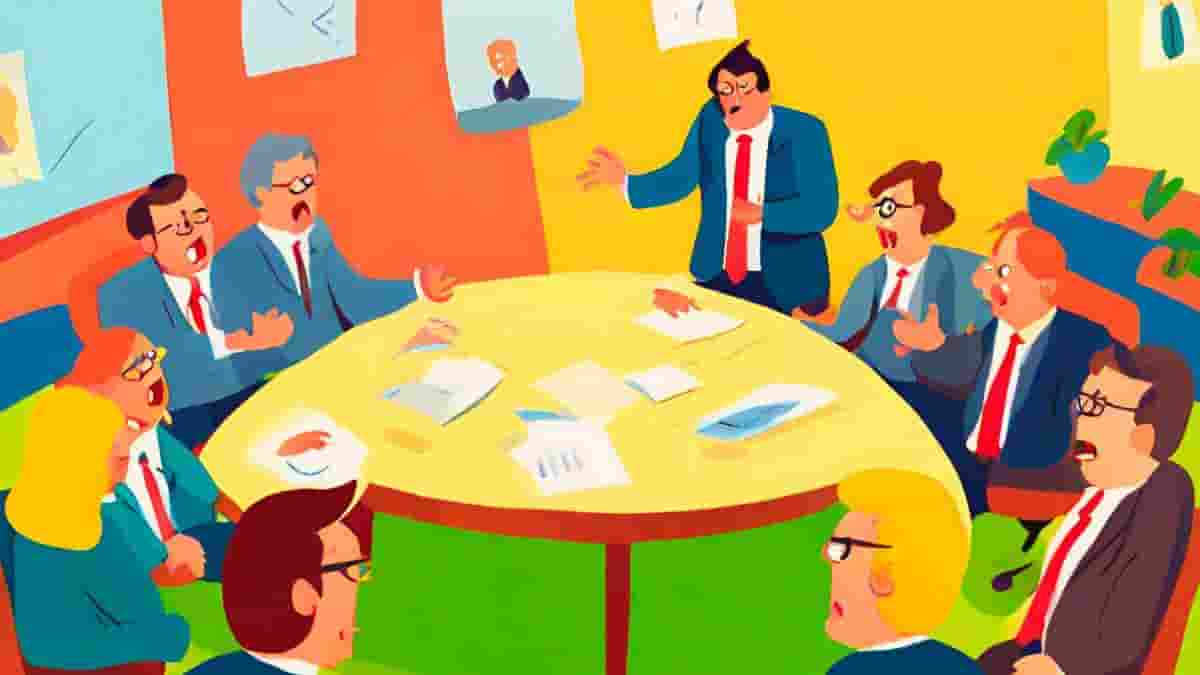According to recent Cornell University research, people are more likely to punish members of their own circles more severely than they are to punish members of other groups for the same transgressions.
In this phenomenon, morality is crucial. The researchers discovered that because morality is a social glue that ties a community together, breaking moral standards within the group is viewed as a greater threat than breaking the same rules outside the group.
“When we’re part of a group, we feel a strong connection to the people in our group, and so we feel they are more likeable or more trustworthy,”
said co-author Simone Tang, Cornell assistant professor of management and organizations. Yet, we also punish members of our group severely in order to preserve the group as a whole because when they act immorally, it can jeopardize our social relationships and reflect poorly on the group as a whole.
The In Crowd
Members of an “ingroup” may be family or friends who have similar political opinions, belong to the same organization, or are of the same nationality. The “outgroup” on the other hand, may be from a different country or institution.
Contrary to prevalent wisdom that ingroup members always judge other ingroup members more favorably than outgroup members, they found that people made harsher moral judgments against the ingroup transgressor.
In six different studies, 2,361 college students and working Americans who participated in online communities either discovered that a member of the ingroup had mistreated someone else in their group or that a member of the outgroup had done the same to someone else in the outgroup. For example, students either read that a professor from their own university had been abusive toward other classmates or that a professor from the rival university was abusive toward rival classmates.
Moral Infraction Judgement
Moral infractions, such as gender discrimination, elicited stronger judgments toward ingroup members than non-moral violations, such as tardiness, according to the study. This demonstrated that when the social glue of the community — morality — was challenged, individuals were concerned about an ingroup member’s infraction.
“We hope that our research can help explain real-world puzzles. In the world of politics, for example, our results provide a different perspective on our current polarized political landscape,”
Tang said.
Whereas, for example, it is widely assumed that Democrats and Republicans regard each other as outgroup members, this research suggests that demonization of the opposing party may occur because they regard each other as ingroup members (e.g., Americans), resulting in harsher moral judgments when another ingroup member holds an opposing view. Splintering within our organizations is becoming more common, and understanding when and why we disparage and despise others within our groups will be critical.
Abstract
When and why might someone judge an ingroup transgressor more harshly than an outgroup transgressor? Taking a social functionalist perspective, we argue that morality is central to this phenomenon–the Black Sheep Effect–and that it is driven by social cohesion concerns. Using mediation and moderation methods across our studies, we find that people judge ingroup (vs. outgroup) transgressors more harshly because of concerns regarding ingroup social cohesion (Studies 1a–4). We also find that ingroup derogation is stronger for moral transgressions than weak or non-moral transgressions (Studies 2 and 3). Throughout our studies, we address alternative explanations, including moral relativism, naïve realism, moral parochialism and belief in a just world. Our work speaks to the emerging contention around the reliability of the Black Sheep Effect by noting when and why it surfaces.
Reference:
- Tang, S., Shepherd, S., & Kay, A. C. (2023). Morality’s role in the Black Sheep Effect: When and why ingroup members are judged more harshly than outgroup members for the same transgression. European Journal of Social Psychology, 00, 1–18. DOI: 10.1002/ejsp.3001
